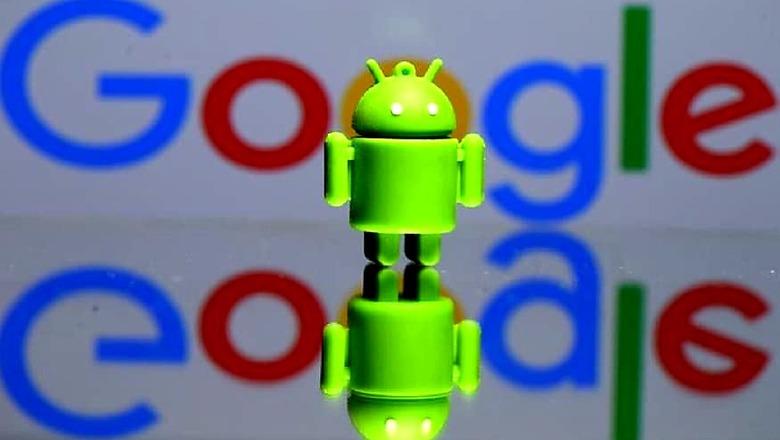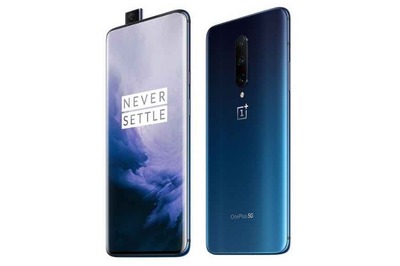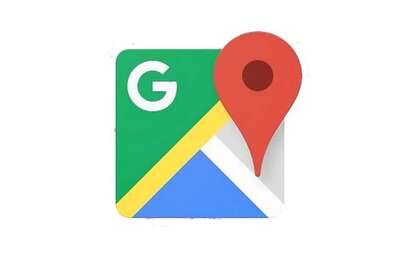
views
Your Android phone is at risk again. Cybersecurity researchers at Lookout have identified as many as 238 apps on the Google Play Store that were also installing the BeiTaAd adware plug-in on phones. As it turns out, these include some very popular apps too, and have been downloaded over 440 million times on Android phones. Lookout reported the malicious functionality to Google and the BeiTaAd adware has subsequently been removed from all the affected apps on the Play Store.
The apps that installed BeiTaAd adware include TouchPal Keyboard Pro, Smart Scan, Abs Workout, Color Screen, Drink Water Reminder, Horoscope Prediction and Smart Radio FM. If you have one of the 238 apps that may have installed BeiTaAd on your Android phone, what do you do? You need to either uninstall these apps or if they are preloaded on your phone, you could disable them by going into Settings -> Apps. If neither is an option for you and you want to continue using them, you might want to immediately update these apps from the Google Play Store, to get the new and clean version of these apps.
The BeiTaAd has been traced to Chinese company CooTek, best known for its Android keyboard app called TouchPal. Lookout says that once this adware became active, it rendered the phones essentially useless. “While out-of-app ads are not particularly novel, those served by this plugin render the phones nearly unusable. Users have reported being unable to answer calls or interact with other apps, due to the persistent and pervasive nature of the ads displayed,” says Kristina Balaam, Security Intelligence Engineer, Lookout in a security blogpost.
Incidentally, this plugin didn’t do anything to announce its presence immediately after the infected apps were installed on Android phones. “These ads do not immediately bombard the user once the offending application is installed, but become visible at least 24 hours after the application is launched. For example, obtrusive ads did not present themselves until two weeks after the application, Smart Scan app had been launched on a Lookout test device,” says Balaam.
It is now up to Google to lay down a strict law, and perhaps make an example, for app developers to know that they can’t simply bundle such ad fetching add-ons with applications distributed for Android phones.




















Comments
0 comment